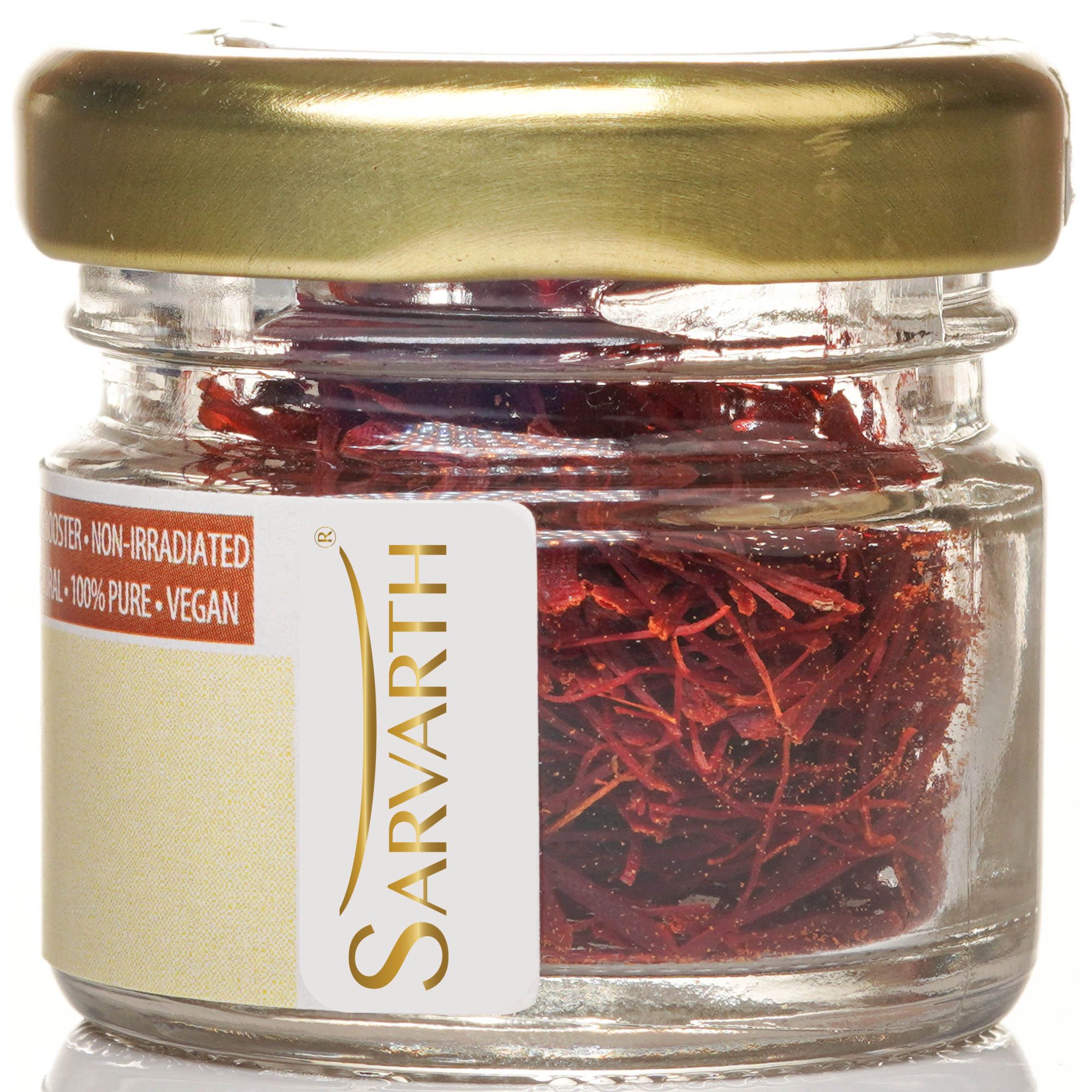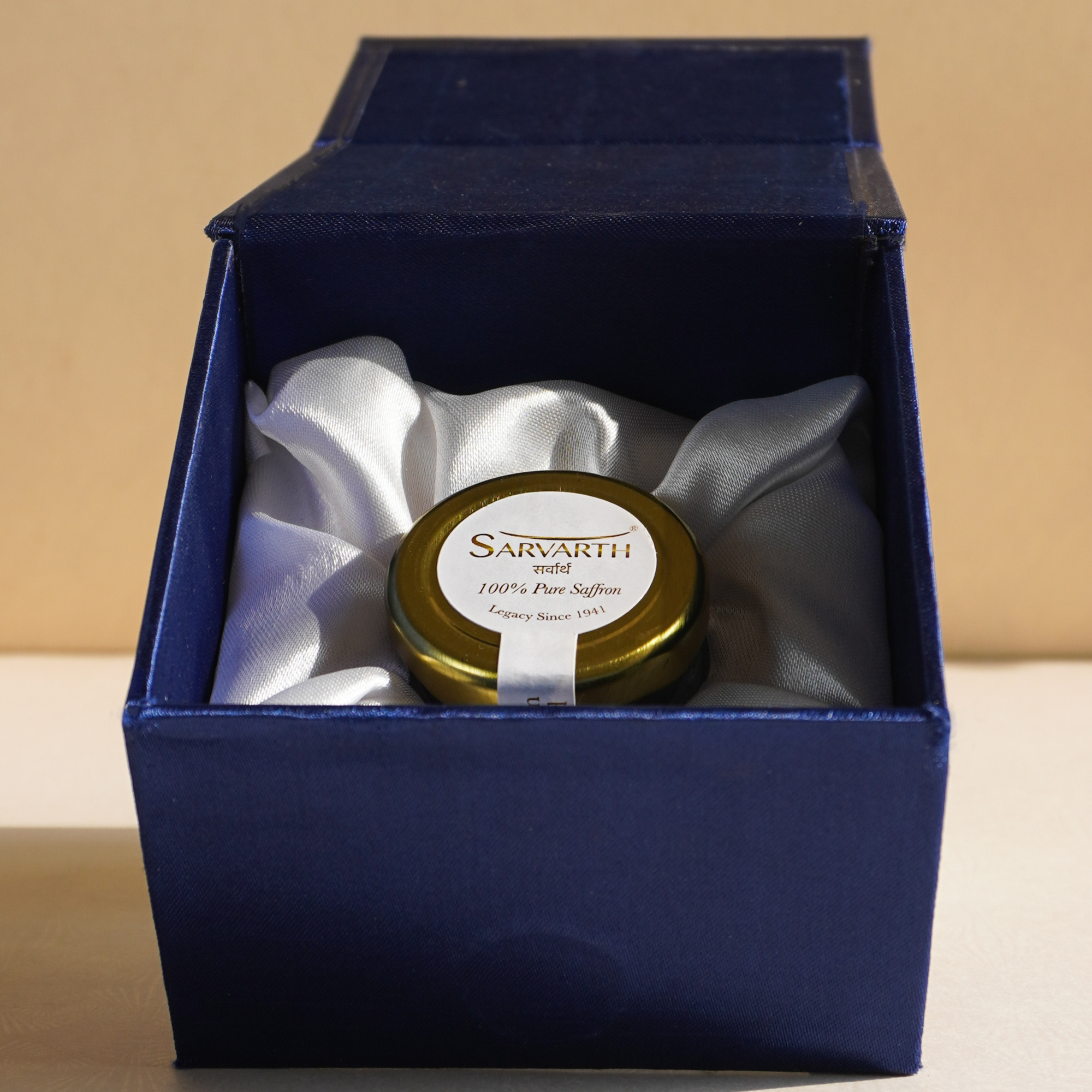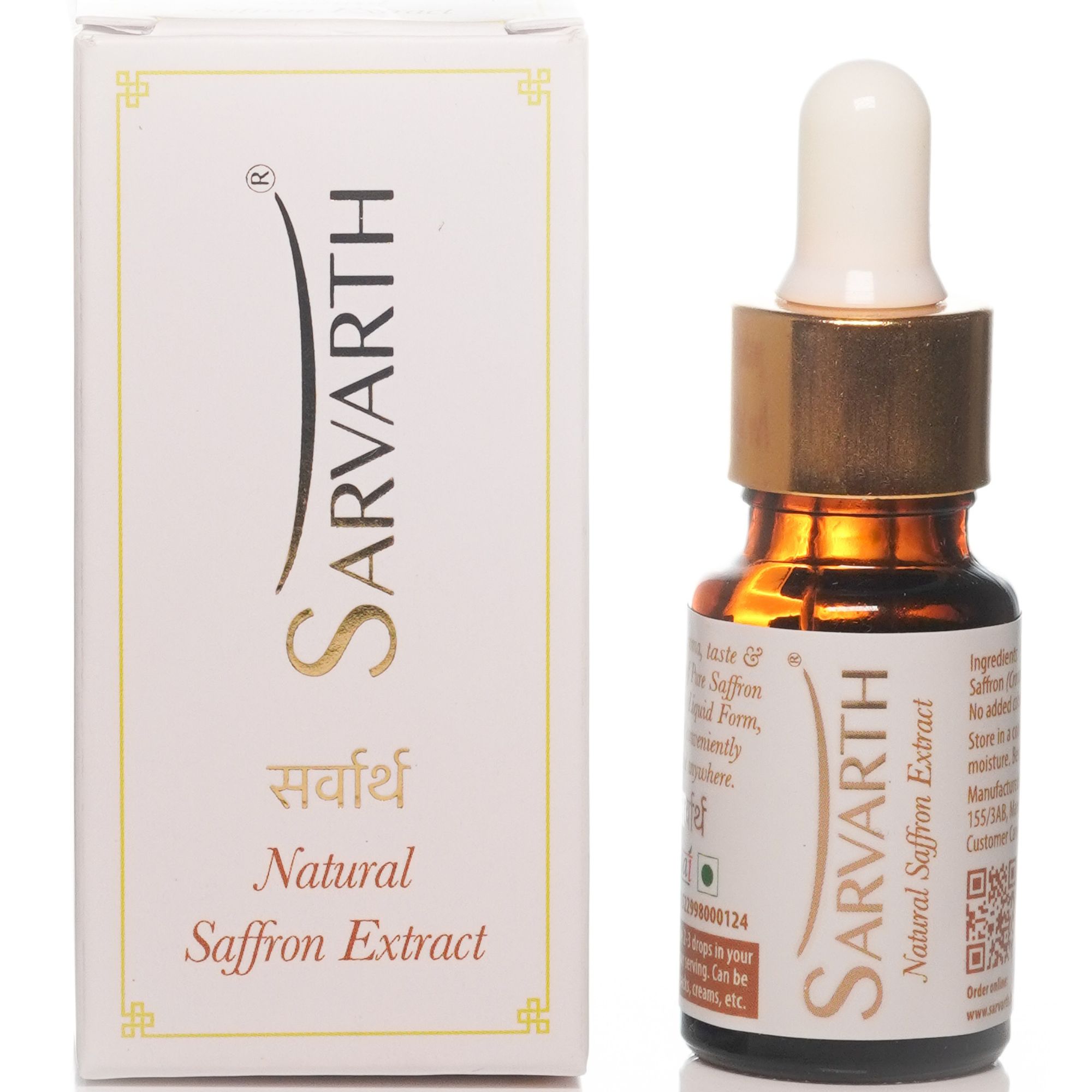Saffron in Skincare: Benefits and How to Use It
Saffron, often called “red gold,” is renowned for its culinary uses and health benefits. However, its value extends beyond the kitchen. Due to its antioxidant, anti-inflammatory, and brightening properties, saffron has been used for centuries in skincare routines . This article explores the benefits of saffron for skincare, its applications, and how you can incorporate it into your daily regimen.
The Benefits of Saffron in Skincare
Antioxidant Properties
The authors have mentioned that Saffron is enriched with antioxidants such as crocin, crocetin and safranal. These compounds play a role of helping to lower the levels of oxidative stress which in other circumstances are brought about by free radicals and hence impacting the skin. That is why saffron is capable of standing against the condition called oxidation and thus gives the skin natural look of youths.
Anti-Inflammatory Effects
Saffron contains a property known as an anti-inflammatory and this is essential in easing inflammation, redness and soreness. It is proved that it is helpful for those who insecure skin or skin diseases, for example acne or rosacea. Saffron has always been used in beauty products because it does not cause any harm on the skin and it can also reduce skin redness.
Skin Brightening
Saffron has got the skin illuminating effect and also has skin toning effect as reported in the previous literature. It has potential of specifying and fighting with hyper-pigmentation, dark spots and blemishes hence leads to an endorsement of glowing skin. Thus, since Saffron is natural light shade can help in skin brightening and skin tone in a longer run.
Moisturizing and Hydrating
Its colour is derived from natural fat soluble pigments which also give the bread some other qualities of a skin moisturizer. It will also increase skin capacity to absorb moisture making the skin slippery or rather smooth and tender. It is even better for other skin problems like dry skin and scaly skin which is very popular among woman today.
How to Use Saffron in Your Skincare Routine
Saffron Face Masks
One great way to get a dose of this spice in your daily life is with a saffron face mask. Here are a few simple recipes:
1. Saffron and Honey Mask: To prepare the liquid saffron, embrace three strands of saffron, and mush them with one tablespoon honey. Massage gently for at least 10-15 min and then it must be rinsed off. It is moisturizing and whitening.
2. Saffron and Milk Mask: In at least 3-4 hours, dissolve a few strands of saffron in a tablespoon of milk in a tablespoon. Next, using the least amount possible spread over your face then let it dry that would take about half an hour, fifteen minutes. This mask has benefits of helping reduce skin pigmentation, or to harmonize the skin’s color.
3. Saffron and Sandalwood Mask: Take two strands of saffron and one spoon of sandalwood powder and few drops of rose water to prepare small thick paste. Applied on the facet and left a layer on the skin to dry for 15-20minutes. This mask can be helpful aiding in the decrease of inflammation at the same note giving a glowing skin.
Saffron Infused Oil
Saffron oil is also useful as a facial oil with benefits to skin nourishment. For this, steep a few strands of Saffron in a carrier oil say almond or jojoba oil. Let the mixture to stand for a week at a cool dry place and give it occasional shake. In this oil, you can rub a few drops on your face to hydrate and lighten your skin.
Saffron Toner
Another concoction, namely a saffron toner can be gotten by steeping a couple of strands of saffron in rose water that has been left to stand over night. Filter it and transfer to a spray bottle ready for use. You can apply this toner as the next step after washing your face in order to tighten your skin and add moisture to it.
Saffron used in Night Creams and Serums
Another way of using saffron is to put one or two threads of the spice in your night creams or serums. Saffron is beneficial for the skin if used at night as it helps repair the skin and leave it looking fresh and healthy. The saffron strands can be easily dissolved in your favorite night cream or serum and used as you normally would.
Tips for Using Saffron in Skincare
Choosing Quality Saffron
Ensure you use high-quality saffron threads for your skincare routine. Authentic saffron is deep red with orange or yellow tips and has a strong, pleasant aroma. Avoid saffron that appears too dark or has a bitter smell.
Conducting a Patch Test
Before applying saffron-based products to your face, conduct a patch test on a small area of your skin. This will help you ensure that you do not have any adverse reactions or allergies to saffron.
Consistency is Key
For best results, use saffron consistently in your skincare routine. Incorporate it into your regimen a few times a week to see noticeable improvements in your skin’s texture, tone, and overall health.
Conclusion
Among the literally translated words from the Persian language, the following ones can be mentioned: saffron crocus, saffron rose, and saffron lover, which means that saffron has extensive use in the skincare process. It has those antioxidants that can lighten skin and make it look youthful and healthy and also reset skin’s natural anti-inflammatory response. As a mask, in oil, toner, or in a cream – saffron can perform miracles within the course of skincare and show the effectiveness in the long term. Say a warm welcome the power of saffron and unveil a galaxy of possibilities for your skin.
Here are 10 frequently asked questions (FAQs) about using saffron in skincare.
1: What are the primary benefits of saffron for the skin?
Saffron has different uses in the skin, such as acting as an antioxidant, anti-inflammatory, whitening and moisturizing agent. It assists in minimizing skin redness, achieve the skin’s natural color, maintain skin elasticity and moisture.
2: How can I use saffron in my skincare routine?
Saffron can be incorporated in face masks, saffron infused oils, toners, night creams or serums and the like. Saffron is incorporated with honey, milk, sandalwood powder or rose water for making accurate skin lotions.
3: Is saffron suitable for all skin types?
Yes, saffron is quite safe for all types of the skin including sensitive skin. That is why it has benefits for reducing the signs of inflammation and itching. However, it’s always advised that you should first do patch test on areas on your skin before using large quantities of products containing saffron.
4: How do I conduct a patch test for saffron skincare products?
For the patch test you have to take a very little amount of the saffron-based product and gently apply it in the inner side of the wrist or behind the ear. After the 24-48 hours period, if there is appearance of drips or oozing or redness or any sign of irritation or allergy, then the part must be cleaned again. If there are no side effects within 72 hours of taking it you can safely apply it on your face.
5: Can saffron help with acne and blemishes?
Saffron can treat acne and blemish because it contains anti-inflammatory and antioxidant compounds. It can alleviate skin redness, prevent inflammation and improve healing of skin injuries that can be helpful for oily skin.
6: How often should I use saffron in my skincare routine?
It is recommended to use it in the skin treatment procedure twice a week to achieve the best outcome. Long term use will make you realize that your skin becomes smoother, brighter, and healthier.
7: Can I use saffron-infused oil as a daily moisturizer?
Yes, saffron infused oil can be use as daily moisturize. Gently massage a few drops onto the face and neck after washing your face to keep your skin healthy. It is more advantageous to be applied on dry and dull skin type, most especially during winter season.
8: Are there any side effects of using saffron on the skin?
Saffron is well tolerated for external use. Nevertheless, there are patients who may experience either some level of skin irritation or allergic reactions. If you want to avoid nasty surprises and potential skin sensitivity to saffron it is advisable to perform a patch test before using the product.
9: How can I ensure I am using high-quality saffron in my skincare routine?
To know if you are using the best saffron look for threads that are crimson red with a slight hint of orange at the tips and have a nice kind of fragrance to them. Do not buy the saffron, which looks like having a dark color or emit a bitter smell. Another way of getting quality is by getting the products from credible sources such as suppliers.
10: Can saffron be used to treat hyperpigmentation and dark spots?
Yes, saffron is great for the skin and can even help with darkening of the skin or dullness and getting rid of spots. If these sections are darker than the rest of the face, the usual consumption of things containing saffron will cause to even out the face tone.










